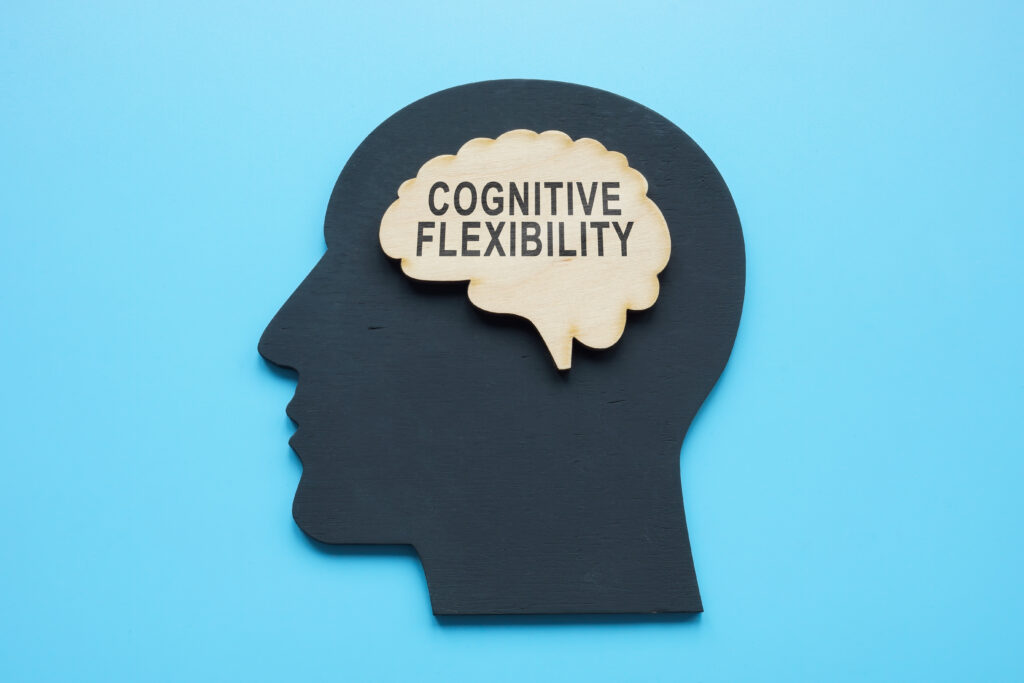Brain hypoxia, also known as cerebral hypoxia, is a condition where there is a lack of oxygen supply to the brain. This can lead to a range of symptoms, from mild confusion to severe brain damage or even death. It is a serious condition that requires immediate medical attention and proper treatment. In this article, we will discuss the causes, symptoms, and treatment options for brain hypoxia.
Causes of Brain Hypoxia
The brain relies heavily on oxygen to function properly. When the supply of oxygen to the brain is reduced or cut off, it can lead to brain hypoxia. There are several possible causes of brain hypoxia, including:
1. Cardiac Arrest: This is the most common cause of brain hypoxia. When the heart stops beating, it is unable to pump oxygen-rich blood to the brain, resulting in a lack of oxygen supply.
2. Respiratory Failure: Any condition that affects the lungs or breathing can lead to a decrease in oxygen levels in the blood. This can be caused by respiratory infections, asthma, chronic obstructive pulmonary disease (COPD), or choking.
3. Carbon Monoxide Poisoning: Carbon monoxide is a colorless and odorless gas that is toxic to humans. When inhaled in large amounts, it can displace oxygen in the blood, leading to brain hypoxia.
4. Anesthesia Complications: During surgeries or medical procedures, anesthetics are used to induce unconsciousness. However, if not administered properly, they can cause a decrease in blood oxygen levels, resulting in brain hypoxia.
5. Drowning: When a person is submerged underwater, their oxygen supply is cut off, and if not rescued in time, it can lead to severe brain hypoxia.
Symptoms of Brain Hypoxia
The symptoms of brain hypoxia can vary depending on the severity and duration of the oxygen deprivation. In some cases, the symptoms may be mild and can go unnoticed, while in others, they can be severe and life-threatening. Some common symptoms include:
1. Confusion, dizziness, and disorientation.
2. Difficulty in breathing.
3. Blurred vision.
4. Loss of consciousness.
5. Headache.
6. Changes in heart rate and blood pressure.
7. Nausea and vomiting.
8. Seizures.
If left untreated, brain hypoxia can cause permanent brain damage, leading to long-term complications such as memory loss, cognitive impairment, and physical disabilities.
Treatment Options for Brain Hypoxia
The treatment for brain hypoxia depends on the underlying cause and the severity of the condition. In emergency situations, such as cardiac arrest or drowning, immediate medical attention is crucial to restore oxygen supply to the brain. This may involve administering oxygen, performing CPR (cardiopulmonary resuscitation), or using an automated external defibrillator (AED) to restart the heart.
In cases of respiratory failure or carbon monoxide poisoning, oxygen therapy may be used to increase the oxygen levels in the blood. In some cases, a ventilator may also be used to help with breathing. If the cause is anesthetics, the dosage may be adjusted or stopped to prevent further decrease in oxygen levels.
In addition to these treatments, rehabilitation therapy may also be recommended to help patients recover from brain hypoxia. This may include physical therapy, speech therapy, and occupational therapy to improve physical and cognitive function.
Preventing Brain Hypoxia
While some causes of brain hypoxia are unavoidable, there are steps that can be taken to prevent it from occurring. These include:
1. Quitting smoking: Smoking can lead to lung diseases that can result in respiratory failure and brain hypoxia.
2. Using carbon monoxide detectors: These devices can alert you if there are dangerous levels of carbon monoxide in your home.
3. Swimming safety: It is important to follow safety precautions while swimming or boating to prevent drowning accidents.
4. Managing medical conditions: People with respiratory diseases or heart conditions should follow their treatment plans and seek immediate medical attention if they experience any symptoms of brain hypoxia.
In conclusion, brain hypoxia is a serious condition that requires prompt treatment to prevent long-term complications. Knowing the causes, symptoms, and treatment options can help in recognizing and addressing the condition early on. It is essential to seek immediate medical attention if you or someone you know experiences any symptoms of brain hypoxia. Remember, prevention is always better than cure, so take necessary steps to avoid situations that can lead to brain hypoxia.


